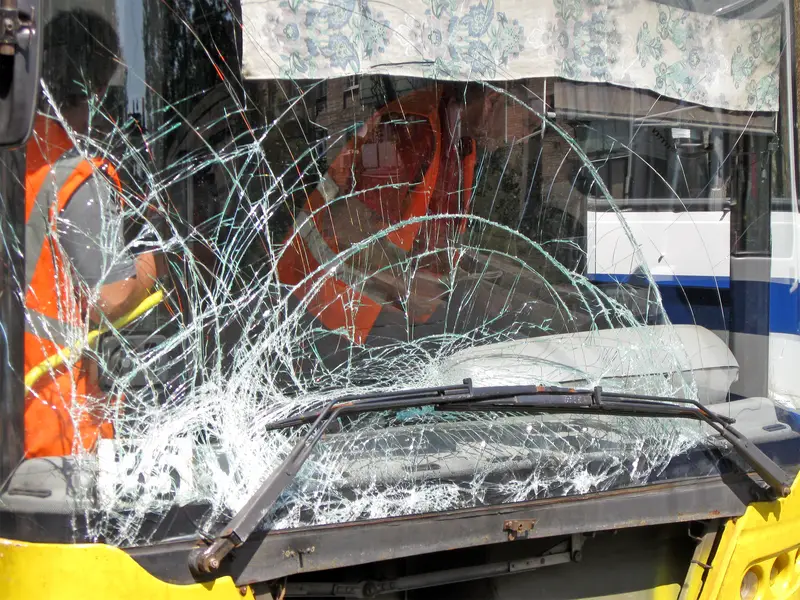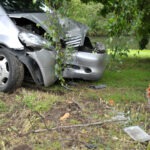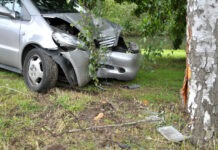On the night of August 20, 2024, a devastating accident occurred in Yazd, a central Iranian province, when a bus carrying Pakistani pilgrims capsized, leading to the death of 28 individuals.
These pilgrims were on their way to Karbala, Iraq to participate in Arbaeen, a major religious event in Shia Islam.
The bus was transporting 51 passengers, predominantly from the Sindh province in southern Pakistan.
This accident not only led to 28 deaths but also left 23 individuals injured, thus underscoring the persistent concerns regarding road safety in Iran, a country known for its deficient traffic safety performance.
The bus was descending the steep terrains of Yazd when it experienced a technical glitch in its braking system, causing the driver to lose control. The bus veered off the road, rolled over, and subsequently, caught fire.
An initial probe by Iranian authorities indicates that the driver’s unfamiliarity with the route and the bus’s high speed, coupled with the brake failure, significantly contributed to the accident. “The brake failure and the driver’s inexperience with the road were major factors in the accident,” a local traffic police official noted.
Among the deceased were 11 women and 17 men; 14 of the injured are in critical condition. The victims were devout individuals who had embarked on the pilgrimage out of deep faith, only to meet a tragic end.
The Pakistani government, through its consulate in Zahedan, Iran has been diligently working to repatriate the bodies and provide necessary medical aid to the survivors. Pakistani Prime Minister Shehbaz Sharif offered his condolences to the grieving families and wished the injured a swift recovery. “We mourn the loss of our brothers and sisters who embarked on a sacred journey but met with an untimely death,” the Prime Minister expressed in a public statement.
The Arbaeen pilgrimage is one of the world’s largest annual gatherings, attracting millions of Shia Muslims to Karbala to mark the 40th day of mourning for Imam Hussein, Prophet Muhammad’s grandson, who was martyred in the Battle of Karbala in 680 CE. This event draws pilgrims worldwide, many of whom choose to travel considerable distances by bus or foot to reach the holy city. However, the routes to Karbala, especially through Iran, are often hazardous, leading to frequent accidents during this period.
Iran records one of the highest global rates of fatalities due to traffic accidents, with about 17,000 people perishing in road accidents annually. This grim statistic is attributed to lax enforcement of traffic laws, unsafe vehicles, and insufficient emergency services in rural areas. Despite the United Nations’ involvement in projects aimed at enhancing road safety in Iran, progress has been slow.
In the aftermath of the accident, the Iranian government expressed its condolences to the Pakistani government and the victims’ families. “We are deeply saddened by this tragic incident and are committed to ensuring that the survivors receive the best possible care,” a spokesperson from Iran’s Ministry of Foreign Affairs assured.
Following the crash, local authorities and emergency services promptly arrived at the scene to aid the injured and recover the bodies of the deceased. Pakistani consular officials were present at the site to coordinate repatriation efforts and support the affected families. The injured passengers were rushed to nearby hospitals, some requiring intensive care due to the severity of their injuries.
As the investigations proceed, there are increasing demands for stricter regulations and improved safety measures to prevent such tragic events in the future. The recurring nature of these incidents raises questions about the efficacy of existing safety protocols and the need for stricter enforcement of vehicle safety standards, particularly for long-distance journeys on challenging terrains.











